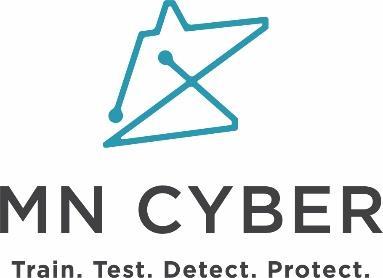Program eligibility requirements
Admission to the Cyber Operations Graduate Certificate Program is based on a holistic review of the applicant’s academic background, professional experience in computing and cybersecurity, and Competency Statement. Final admission decisions and transfer course evaluations are made by the Graduate Program Director.
Meeting the minimum requirements outlined below does not guarantee admission; all applications are reviewed for evidence of preparedness and potential for success in this advanced, technical program.
Minimum Admission Requirements
- Bachelor’s Degree:
A completed bachelor’s degree—preferably in Cybersecurity, Computer Science, Information Technology, or Computer Forensics—with a minimum cumulative GPA of 3.00.
GPA exceptions may be considered on a case-by-case basis for applicants who demonstrate strong potential through other academic or professional accomplishments.
Additional Requirements for Applicants with Non-Technical Backgrounds
Applicants who hold a bachelor’s degree in a non-technical discipline may still be considered for admission if they meet all of the following conditions:
- Successful completion of undergraduate coursework in Discrete Mathematics and Statistics, each with a minimum grade of B
- Completion of undergraduate-level cybersecurity coursework with a minimum grade of B
- Demonstrated proficiency in the following technical areas:
- Python and C programming
- Assembly language
- PowerShell scripting
- Data structures and algorithms
- Systems administration
- Computer networking
- Linux fundamentals
- A minimum of one year of verifiable professional experience in the information technology or cybersecurity field
Exceptions may be made based on the overall strength and completeness of the application.
International Student Policy
Please note: This is a non-degree-granting program. As such, the certificate is not eligible for enrollment by international students on F-1 student visas. Applications from individuals seeking to study under an F-1 visa cannot be accepted for this program.
International Students
This is not a degree-granting program, therefore applications from international students studying on an F-1 student visa cannot be accepted into this program.
Application instructions
Metro State University is participating in the common application for graduate programs (GradCAS). Applications are only accepted via the CAS website.
Application Deadlines
Fall deadline: August 1
Spring deadline: December 1
Summer deadline: April 1
CAS steps
- Select the term for which you are seeking admission (below), and navigate to the CAS website. Open applications include:
- Create or log in to your account and select the Cyber Operations Graduate Certificate program.
- Carefully review all instructions and complete all four sections of the application.
Specific application requirements for individual programs can be found on each program page in CAS. Carefully read the instructions that appear throughout the application pages. You can only submit your application once. If you need to update information you have submitted, please notify graduate.studies@metrostate.edu
Application fee
A nonrefundable $38 fee is required for each application. Applications will not be processed until this fee is received.
Active-duty military, veterans, and Metro State alumni are eligible for an application fee waiver. Once your application is complete and ready for submission, please contact graduate.studies@metrostate.edu.
Please note: only one application fee waiver code is provided per applicant.



